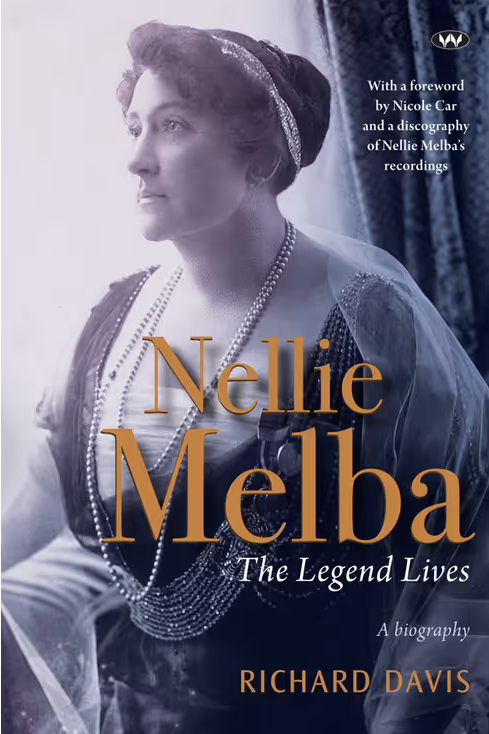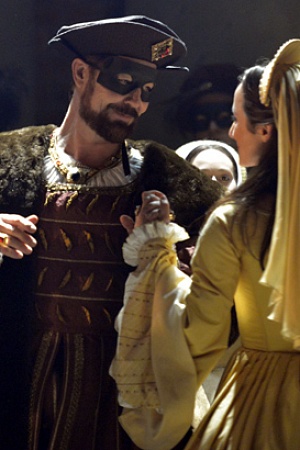King Lear
.jpg)
King Lear is the Everest of Shakespeare’s tragedies, looming over theatre companies, challenging them to make the perilous ascent. It is also the darkest. Hamlet may finish with almost as many bodies strewn around the stage, and Macbeth delves deep into malign forces unleashed by cravings for power, but with the former ending with the arrival of Fortinbras, Hamlet’s chosen successor, and the latter with the ascension of Malcolm there is some sense of a positive outcome. Of the trio who survive at the end of King Lear, the faithful Kent walks away to die and the ineffectual Albany hands over the kingdom to Edgar. The play ends with the enigmatic and hardly encouraging remark: ‘The oldest have borne most: we that are young / Shall never see so much, nor live so long.’
Continue reading for only $10 per month. Subscribe and gain full access to Australian Book Review. Already a subscriber? Sign in. If you need assistance, feel free to contact us.














Leave a comment
If you are an ABR subscriber, you will need to sign in to post a comment.
If you have forgotten your sign in details, or if you receive an error message when trying to submit your comment, please email your comment (and the name of the article to which it relates) to ABR Comments. We will review your comment and, subject to approval, we will post it under your name.
Please note that all comments must be approved by ABR and comply with our Terms & Conditions.